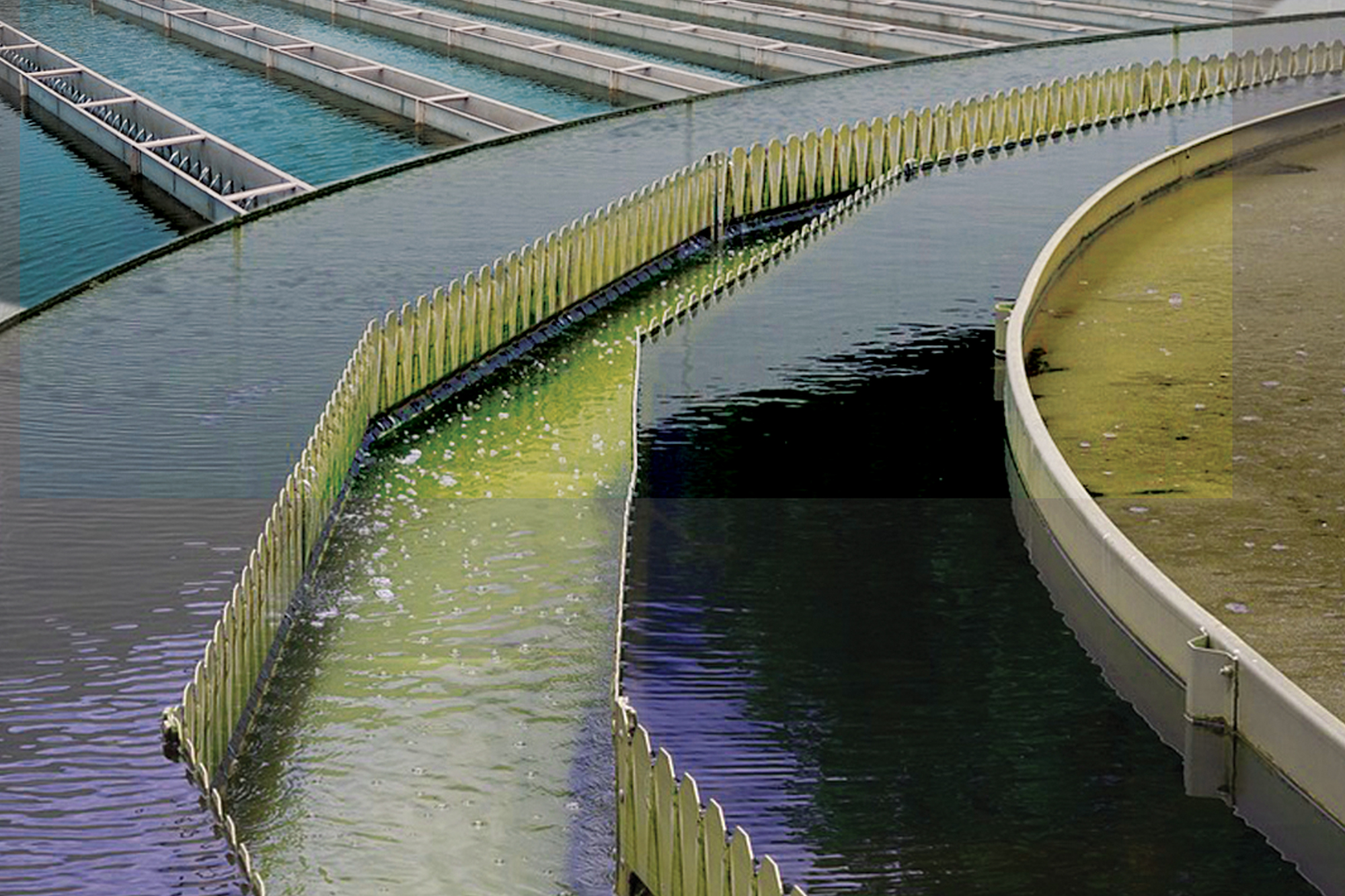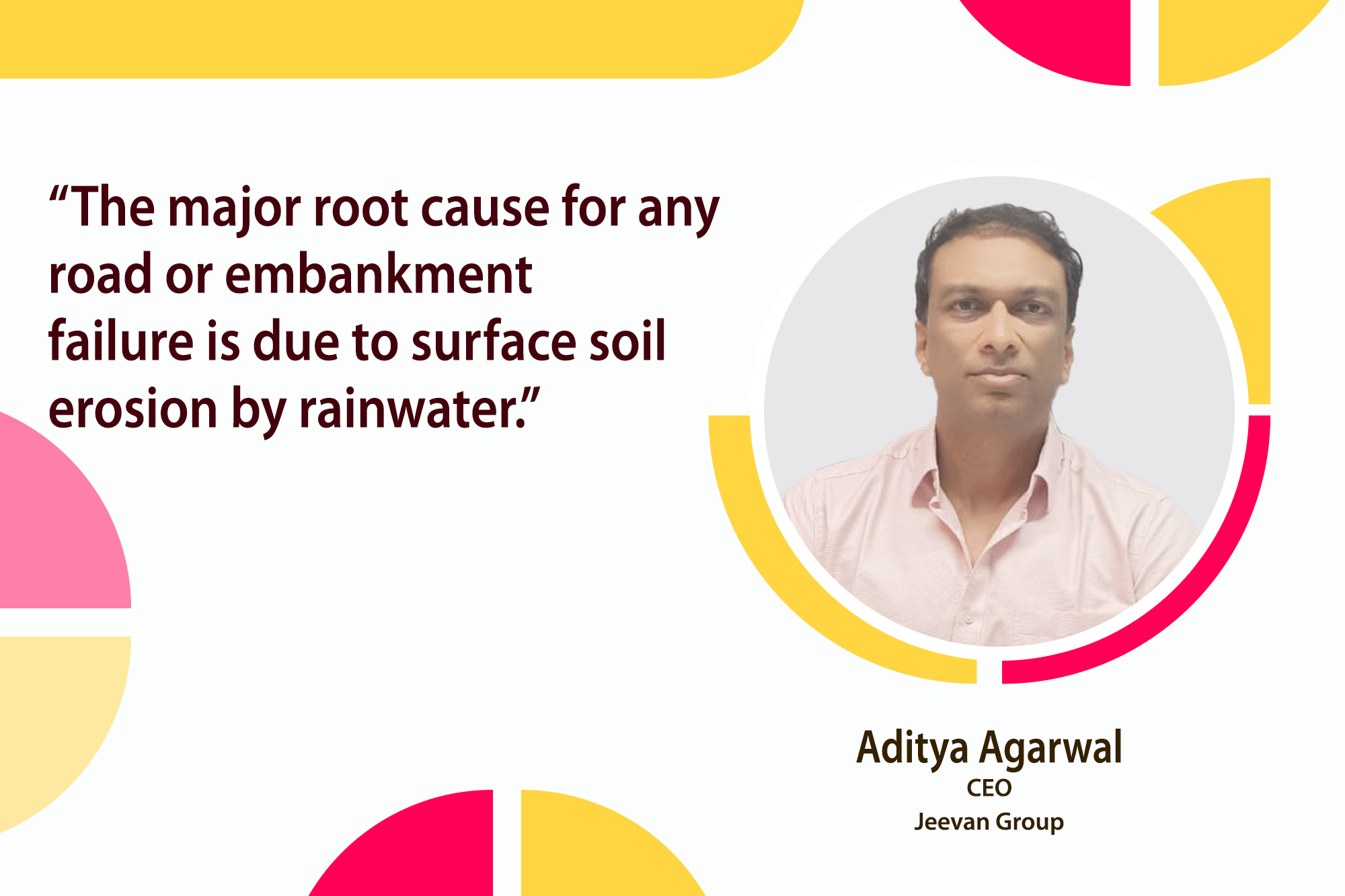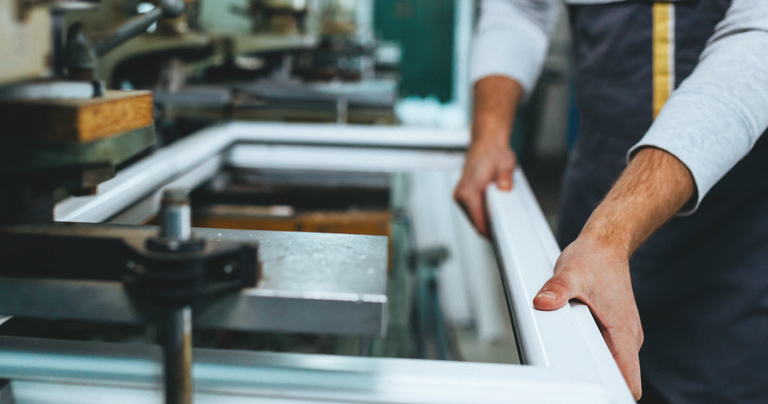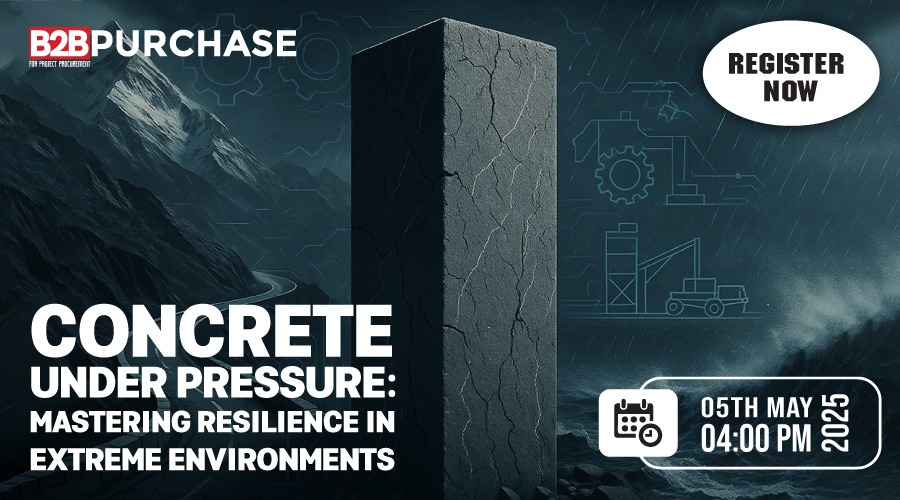Waste water woes need immediate addressal
By Edit Team | March 14, 2019 8:09 am SHARE

Efficient systems that can manage variables and maintain the quality of water are crucial.
Demand for water has been growing at an exponential rate where as, it is a finite resource. Companies providing water solution are continuously innovating and improving their product portfolio to cater the rapidly increasing demand. Recycling of water through waste water treatment is the answer for long term supply. The government has taken concrete steps in the past few years to bridge the gap between treatment and reuse of water by encouraging more Indian states and companies to reuse waste water.
Advanced pumps and filtration systems
Nowadays, water treatment processes have technologically advanced pumps and filtration systems which substantially improve quality of the output. Thus, eliminates any concerns revolving around the reused water. With the help of advance technology, new ways are being found to decrease the energy consumption of waste water plants and bring about a semblance of energy neutrality. Such treatment options include membrane aerated biofilm reactors and advanced anaerobic digesters that can create biogas which can positively balance out the energy required to treat the waste water.
“With the Indian government’s rejuvenated focus on clean energy, solar power inherently plays a major role in drinking and waste water treatment. Solar pumps are now a popular clean energy choice for forward thinking, socially conscious companies,” says Krishna Kumar Venkatapathy, Assistant Manager of Tech Support (Project Sales), Grundfos India.
Bioaugmentation of industrial effluent
With rising population and depleting water resources, waste water treatment is no longer optional. Most developing countries struggle to keep a balance between inadequate water supply and increasing water demand for industrial, agricultural and domestic purposes.
Lack of appropriate technology for treatment of industrial effluent further pollutes the fresh water sources. Governments across the globe have allocated huge amounts to reap the desirable results.Bioaugmentation of industrial effluent is a new age technology revolutionising waste water globally. “Unlike the physiochemical methods, which are costly and damaging to the environment, bioremediation provides a cost-effective and safe alternative for waste water treatment. Specialised consortium of microbes can aid in degradation of complex recalcitrant compounds too, thereby helping the industries to meet the norms laid down by Central Pollution Control Board,” says Shruti Dambhare, Account Manager, Organica Biotech Pvt Ltd.
Environmental challenges
Waste water treatment companies are looking to optimise their operations to maximise outputs but there are a few common challenges that exist. There could be a variation in turbidity of the waste water due to its contaminants. A variation in flow or the pressure could also have an impact on the water output. It is essential to have effective systems that can control these variables and maintain the quality of the water. Companies must also update their systems so that it is in line with the latest available technology and have improved capabilities.
Major environmental challenge in the waste water process is to effectively dispose the sludge that is produced during the treatment process. Safe and long-term solutions need to be found to manage the disposal or even reuse the sludge in areas like agriculture, says Venkatapathy. “Another environmental challenge is to reduce the carbon footprint created by such processes. Sustainable practices must be initiated to reduce the dependency on fossil fuels and increase the usage of renewable energy in the processes”.
Major hurdle in appropriate treatment of industrial effluentis lack of awareness about importance of waste water treatment and availability of the different methods for the same. “Traditionally some people resorted to manure as the source of microbes. Usage of microbes was not only associated with increased pathogenecity but also in ineffective treatment of waste water. With advancement of technology and increasing stringency of environmental norms, most industries are making a switch to more viable biological alternative for waste water treatment,” says Shruti.
India is massive country harbouring erratic climatic patterns. These conditions deter the growth of microbes in the biological section of effluent treatment plants.
Ground-breaking technologies
Grundfos has been developing and implementing technologies that can effectively address the challenges in the water supply and waste water industry. Focusing on resource efficiency, design verification and project consultancy and execution Grundfos has come up with ‘optimised water solutions’ which is energy efficient and offers services tailored and optimised for water utility applications using tried and tested technology, without compromising the superior performance.Optimised water solutions are used for the processes such as raw water intake, drinking water treatment, water distribution, waste water transport and flood control and waste water treatment.
Grundfos’s latest solutions are Grundfos Demand Driven Distribution, Multi Pump Controller, Fieldbus communication interfaces and MP 204 Motor Projection Unit.
Effluent treatment plants are dynamic systems possessing diverse nature of effluents. Such capricious conditions demand robust cultures which not only thrive in such challenging conditions but also aid in lead to degradation of complex organic compounds.Organica Biotech has developed specialised range of waste water treatment solutions to conquer the above challenges.
Cleanmaxx series of products is the technology which suits the demands of all types of industries and municipal. This highly concentrated formula can maximally reduce COD and BOD levels, sustain high TDS levels, reduce ammoniacal nitrogen levels and colour intensity of the effluent. The heterogeneity of microbes in Cleanmaxx ensures maximal degradation of diverse organic wastes. Cleanmaxx hails microbes from generally regarded as safe (GRAS) category and are completely safe for animals, plants and humans to handle. As the microbial consortium can also work at low dissolved oxygen (D.O) levels, the energy demands of a plant are lowered; thereby assuring guaranteed reduction in CAPEX and OPEX costs of the waste water treatment plant.
With government’s rejuvenated focus on clean energy, solar power would play a major role in drinking and waste water treatment.
Krishna Kumar Venkatapathy, Assistant Manager of Tech Support (Project Sales), Grundfos India.
Unlike physiochemical methods, bioremediation provides a cost-effective and safe alternative for waste water treatment.
Shruti Dambhare, Account Manager, Organica Biotech Pvt Ltd
Cookie Consent
We use cookies to personalize your experience. By continuing to visit this website you agree to our Terms & Conditions, Privacy Policy and Cookie Policy.





































-20240213125207.png)

























